Nine Bad cars from brilliant car makers
We all make mistakes from time to time. Fortunately for most of us our snafus are unlikely to involve the undoing of years and millions of pounds of research and development, engineering, production and marketing. Unfortunately the cars below represent exactly that.

Lancia Beta – 1972
This was a difficult entry to include, a Lancia Beta coupe being my first car. And I loved it. Sharply styled, fun handling and an exciting 2.0-litre twin-cam engine was everything an 18-year-old could want from a car. But obviously it didn’t last. And I mean that literally. The Beta range famously suffered from corrosion problems which could swiftly render the cars unsafe, rust eating through the subframes. An unproven rumour was that Fiat bought a job lot of poor-quality Soviet steel which was used to make the cars.
Lancia did the right thing, fixing the problem and buying back affected cars but a crusade by the Daily Mirror wrongly claimed the issue persisted and effectively destroyed what was Lancia’s biggest export market. A move from which the legendary Italian marque never recovered.

Alfa Romeo Arna – 1983
There are various national automotive stereotypes which, while not remotely true anymore, are still often quoted. German cars being ‘clinically efficient’; American ones being decent in a straight-line but woeful elsewhere; Italian cars being beautiful but fragile; Japanese cars being largely the opposite.
The latter two relates to the globe-spanning partnership which created the Arna – which stands for Alfa Romeo Nissan Autoveicoli or ‘Alfa Romeo and Nissan motor vehicle’. Only they got it the wrong way round. In the early ‘80s Alfa Romeo needed a car with which to enter the burgeoning hatchback market and Nissan wanted a toehold in the then protected European market. The car’s body was built in Japan and then shipped to Naples for Alfa Romeo mechanicals, electrics and finishing. The end result was uninspiring to look at and drive whilst also being badly built and unreliable. And very unpopular.

Triumph Stag – 1970
The Stag should have been, well, a triumph. A handsome Michelotti-designed body with useful 2+2 capacity, a soft-top with a reassuring fixed rollover hoop and rear-wheel-drive handling powered by an all-new, grunty V8 should have been a recipe for success; taking Triumph’s existing Spitfire and dialling it up to 11. Unfortunately it was that engine that let the rest of package down.
The first of a modular series of engines which would come in V8, V6 and inline-four variants, the Stag’s 3.0-litre V8 suffered from a number of design flaws. A high-mounted (and poor quality) water pump led to chronic overheating, the mixture of iron block and alloy heads meant corrosion if incorrect coolant was used and stretchy timing chains which led to valve failure. No wonder disgruntled owners often swapped them for Ford V6s or Rover V8s.

Cadillac Cimarron – 1981
Honestly, half this list could have been Cadillac miscalculations, mindboggling for a brand with the engineering nous to create not one but two different V16 road cars. Badge engineering or platform sharing is common today, and was fairly standard practice for the American car giants from the 1950s onwards, but Cadillac cynically phoned it in with the Cimarron and the public wasn’t fooled.
Needing a product that could compete with the wave of small sporting saloons coming from Europe in the late 1970s, Cadillac needed a product that wasn’t a vast, V8-powered land yacht but the Cimarron went too far in the opposite direction. It shared the J-body platform and unrefined engine range with Chevrolet, Buick, Oldsmobile and Pontiac, fine for those brands but a vast step down in cachet for Cadillac. Fancy trimmings did little to distinguish it from its much cheaper brethren and it was out-handled and outclassed by the European opposition. Legend has it that a later Cadillac product director, John Howell, kept a framed picture of the Cimarron with the caption, “Lest we forget.”

Maserati Biturbo – 1981
Today, these things having come full circle as the boxy Biturbo looks quite cool again, but compare it to its predecessors, the Maserati Merak or Bora, and you can see why it was a fall from grace for the storied marque. Alejandro DeTomaso had acquired Maserati in 1976 and wanted to produce models with higher appeal to boost sales volumes. So the Biturbo name – which signified the world’s first twin-turbocharged production car – covered three different variants; a coupe, four-door saloon and a convertible.
The engine itself was a little jewel, derived from Maserati’s legendary V8 Formula 1 engines and available over the Biturbo’s long lifespan in displacements between 2.0-litres and 2.8-litres. Initially the car sold strongly, bringing the marque’s coveted cachet to a wider audience but within a couple of years it became apparent that affordability of the car came from quality control corner cutting. If it could fail, fall off, fry or go on the fritz, it would. Particularly disappointed must have been US customers who got a V6 strangled by emissions controls to just 196PS and a three-speed automatic.

Ferrari Mondial – 1980
Pininfarina doesn’t often get it wrong, especially when its cars are wearing the Prancing Horse, but the Mondial is one such example and, unlike the so square it’s cool again Ferrari 400, hasn’t got better with age. A replacement for the Bertone-designed – and yes legitimately cool now 308GT4 – Hampered by the 2+2, mid-engined layout, which for any car maker or designer is a packaging nightmare, even the geniuses of Pininfarina’s design team couldn’t avoid the car’s resulting awkward proportions.
It didn’t help that the car was also significantly slower than its much prettier 308GTB sister, with the 0-60mph dash taking nearly 10 seconds and much slower than the mighty Testarossa which its weedy side strakes sought to emulate. Ferrari addressed the performance problems with the Quattrovalvole version a couple of years after launch but the Mondial never sold many posters for ‘80s bedroom walls.

Aston Martin Lagonda – 1976
In the 1970s Aston Martin was short on funds (actually that sentence could apply to many decades) and in response decided to drum up some big sales by launching, well, one of the most expensive saloons. An initial run of seven Series 1 cars were traditionally styled, looking essentially like four-door versions of Aston’s handsome GTs.
The car was then redesigned from the ground up by William Towns with an entirely contemporary and very 1970s wedge aesthetic. Utterly striking, the car was also stuffed with complex electronics such as LED displays and touch-sensitive controls. Which largely didn’t work. It also had a 5.3-litre V8 with single digit fuel consumption in a decade known for petrol prices so eye-watering that even an Aston Martin buyer would balk. It soldiered on for 14 years however, with a huge – for Aston Martin – 645 cars finding buyers.

Rolls-Royce Camargue – 1975
Remember when we said that Pininfarina rarely gets it wrong? Well it seems we were wrong as the Rolls-Royce Camargue, the most expensive car in the world when it launched, also came from the Torinese design house.
A stately company, Rolls-Royce needed to be radical to keep up with the times so the Camargue featured the world’s first split-level climate control, which allegedly took eight years to develop. It also had independent rear suspension and – shock – a grille which was inclined seven degrees from the vertical. But just look at it. Its odd stance with tucked in wheels and an odd amalgam of sharp creases and rounded accents make it look gawky from any angle and lacking the presence on arrival a Rolls-Royce owner expects.

Lotus Seven S4 – 1970
The Lotus Seven is such a classic formula – low weight, rear-wheel-drive, unassisted controls – that it has essentially been in continuous production for nearly three-quarters of a century. However, Lotus founder Colin Chapman’s was an inveterate tinkerer which almost always led to constant improvements in performance and handling. Unfortunately for the Seven S4 the ethos of constant evolution led it down a dead end.
A new spaceframe chassis was a decided improvement, part of the plan to move the Seven slightly upmarket; it even got a map reading light and an ashtray. But the fibreglass body which covered did it no favours in the desirability stakes. Perhaps it was an attempt to introduce some 1970s ‘wedge’ cool to the Seven but with so little bodywork to style, the result was an overblown mess with headlight half faired into the bonnet and huge, squared off wings. Lotus abandoned the Seven shortly afterwards, selling the rights to Caterham, which produced the Series 4 for just one year before reverting to more attractive earlier incarnations of the car, which it thankfully still makes today.
Lancia
Alfa Romeo
Triumph
Cadillac
Maserati
Ferrari
Rolls-Royce
Aston Martin
Lotus
List





